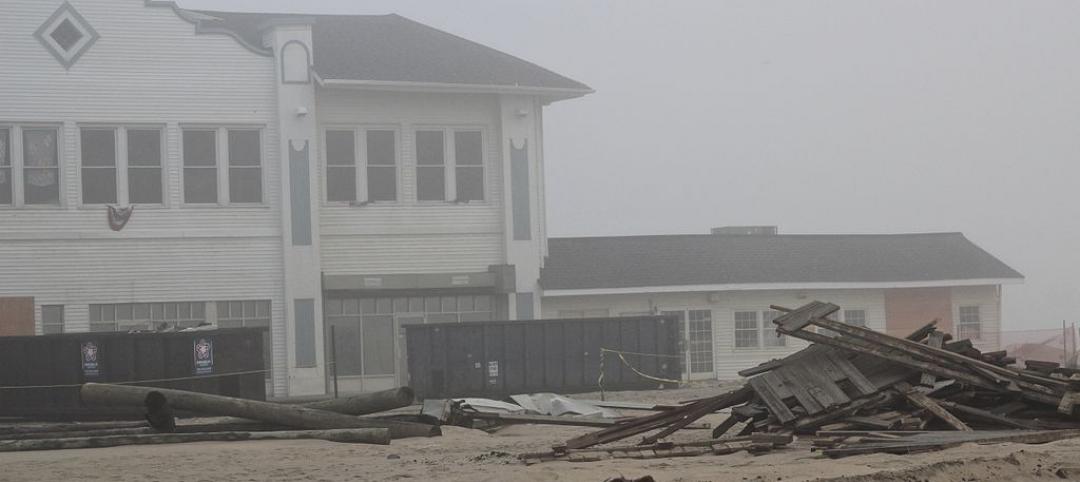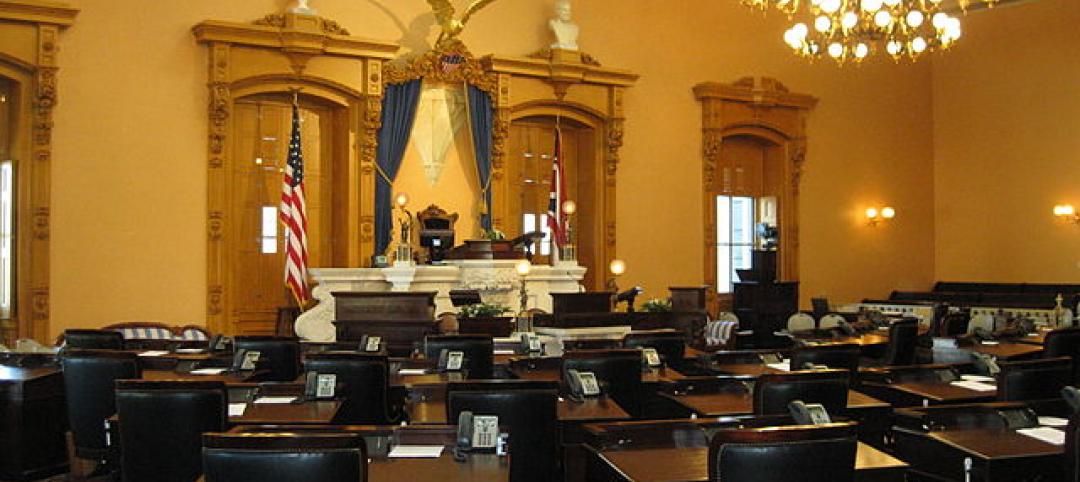Lax disclosure regulations that have made the U.S. a global hot spot for money laundering via real estate holdings will make it difficult for officials to seize properties from Russian oligarchs.
Russian oligarchs have likely staked a large part of their wealth in U.S. commercial real estate properties in purchases that are easier to conceal than high-profile luxury mansions and superyachts. Federal law requires “self-reporting” of transactions making it difficult to track who owns what.
A 2020 law giving the U.S. Treasury the power to stop tax evaders, kleptocrats, terrorists, and other criminals from using anonymous shell companies to hide assets is not strong enough to compel disclosure of ownership, according to some legal experts. Russian oligarchs have purchased numerous luxury condos in Manhattan and Miami, but significant funds from Russia money have also been used to snap up property in cities across the U.S.
According to Global Financial Integrity, a nonprofit that tracks the flow of illicit money, more than $2.3 billion has been laundered through U.S. real estate during the last five years.
Related Stories
| May 22, 2014
Senate kills bipartisan energy efficiency bill over Keystone pipeline amendment
The legislation focused on energy efficiency standards such as water heaters with smart meters and cheaper heating and cooling systems for office buildings.
| May 13, 2014
19 industry groups team to promote resilient planning and building materials
The industry associations, with more than 700,000 members generating almost $1 trillion in GDP, have issued a joint statement on resilience, pushing design and building solutions for disaster mitigation.
| May 8, 2014
Infographic: 4 most common causes of construction site fatalities
In honor of Safety Week, Skanska put together this nifty infographic on how to prevent deadly harm in construction.
| Apr 30, 2014
House Appropriations Committee approves $3 billion cut for military construction
The Army would see the sharpest cuts on a percentage basis, with a $578 million, or 52% reduction in FY 2015.
| Apr 23, 2014
California bill would make employers responsible for subcontractors' wages, workers' comp
Under the recently revised Assembly Bill 1897, employers would have to pay wages, taxes, and workers compensation on behalf of a subcontractor’s workers if the subcontractor reneges on that responsibility.
| Apr 23, 2014
Obama’s 2015 budget includes $1.7 billion to GSA for building construction, renovations
The Obama Administration has proposed $1.7 billion for construction, renovation, and repairs to federal buildings in fiscal year 2015 under the auspices of the U.S. General Services Administration.
| Mar 19, 2014
Ohio Senate passes rule to require state agencies use ANSI standards rather than LEED
The resolution specifically mentions LEED v4, and calls for the U.S. Green Building Council to conform to ANSI.
| Mar 18, 2014
Canadian wood industry pushes for ‘wood first’ legislation on mid-rise public projects
The wood lobby is pushing Canadian provinces to pass “wood first” legislation specifying wood framed structures as the default for mid-rise public works projects where warranted.
| Mar 6, 2014
AIA and almost 1,000 other businesses oppose effort to repeal energy efficiency bill
This opposition comes in response to reports that the oil and gas lobby pushed to include a repeal of Section 433 of the Energy Independence and Security Act in the bipartisan Shaheen-Portman energy efficiency bill.
| Mar 5, 2014
Obama proposes $1 billion for climate change risk mitigation
President Barack Obama would spend $1 billion to “better understand the projected impacts of climate change,” encourage local action to reduce future risk, and fund technology and infrastructure that will be more resilient to climate change.















